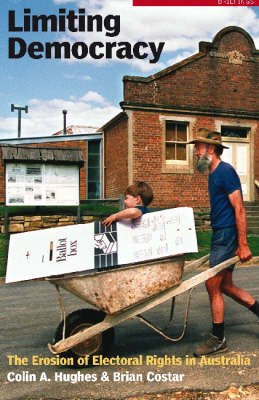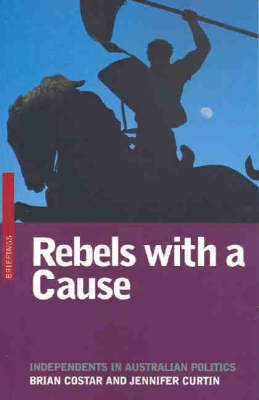Briefings
2 total works
The right to vote is the most precious democratic entitlement, and Australia has a proud tradition of recently introduced legislation will effectively disenfranchise over 200,000 voters in future federal elections - many of them first-time voters - by closing the electoral roll as soon as an election is announced. The new law will also prevent all prisoners from voting, despite a number of recent human rights cases overseas that have asserted the right of incarcerated citizens to participate in the democratic process. The federal government asserts that the present arrangements encourage electoral fraud and could affect the outcome of voting in key seats. Yet its solution - which would deprive many young voters of an opportunity to cast a vote - is much more likely to effect election results. The legislation, and other mooted changes to electoral laws, threatens the most basic democratic right, the right to vote. This book describes the main features of the Australian system since the major reform of electoral law in 1983, and looks at which elements are under threat. Contrasting the existing Australian electoral laws with the fragmented, politicised system in the United States, Brian Costar and Colin A. Hughes argue that rather than watering down democratic rights we need to strengthen the key features of our electoral system and enhance the independence of the Australian Electoral Commission.
Drawing on new research from regional Australia, Brian Costar and Jennifer Curtin look at why independents are gaining support, how they relate to the major parties, and how they exercise power in state and federal parliaments. They trace the history of independent MPs since federation and profile the highly successful independent member for Calare, Peter Andren.

